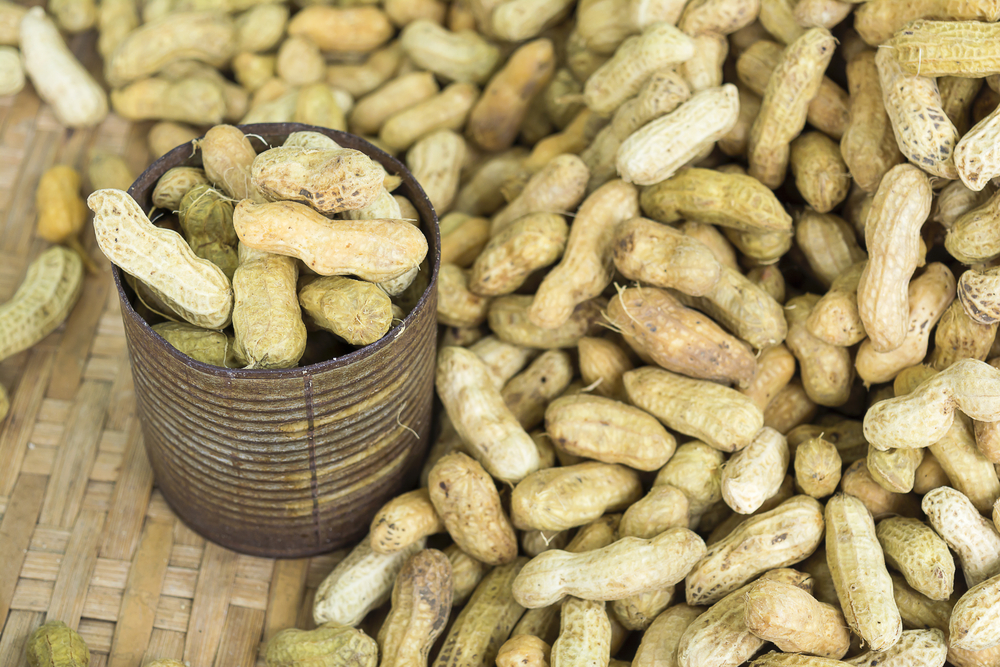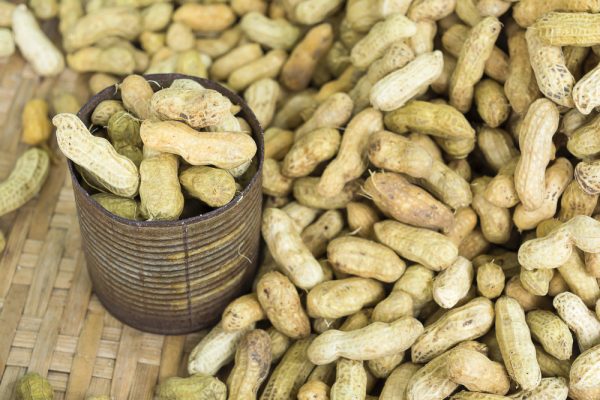Nigerian street food are a traveler’s delight. It can take away hunger pangs that build up when travelers journey. But if you’ve ever eaten street food that left you with diarrhea while travelling, then you will understand the need for food safety. It is imperative that you have a sense of urgency about the safety of the street food you purchase during a trip.
Below are a few things to look out for before buying food from a street vendor while travelling
1. Make sure the vendor properly covers the meal before you buy it for snacking. Check if the food is sold from a tray/basin with (nylon) covering. Some street food like abacha or bobozi have moisture that can attract unseen germs and cause food poisoning. A transparent nylon covering prevents contamination.
2. Make sure the vendor’s food is not exposed to flies. If your bus makes a pit stop and you want to eat a meal from the only ‘mama put’ joint in the area, see if flies are loitering around. Flies are carriers of diseases and their presence might show the hygiene of the place is not up to par.
3. Ask for the food to be reheated or confirm if it was recently reheated before sale. Heat is a great way to kill off bacteria like salmonella.
4. Study the vendor selling the meal. Are they wearing hand jewellery? Do they have having long nails? Does the vendor have boils/cuts on the hand? These might look like little insignificant things but they can contaminate food.
5. Check if the vendor is observing correct sanitary practices e.g. using an apron, using a handkerchief to clean off their sweat or covering their hair. Note how the vendor packages the meal. For instance, did they blow air into a cellophane bag before serving? It doesn’t matter if what is being sold is puff puff, if they do not put necessary effort into ensuring they don’t contaminate the food, what’s to say the food itself is safe for consumption?
6. Avoid vendors who sell close to a refuse dump site. If they lack foresight to care about environmental hygiene, their food might not be safe enough for consumption.
7. Look out for signs of good environmental hygiene like a wash-hand basin or functional tap with a clean sink, clean hand towel, and soap for washing hands after a meal.
8. If the vendor is selling along the road during traffic, it is best to buy sealed snacks with a verifiable expiry date. Learn the subtle difference between fake and original soft drinks to ensure you don’t get hassled into buying fake products.
Mind what you eat and where you eat before embarking on a journey, and during the journey. Potty breaks can lengthen your trip and the discomfort an upset stomach brings is a traveler’s nightmare. Be sure to prioritise your food safety with these tips.


